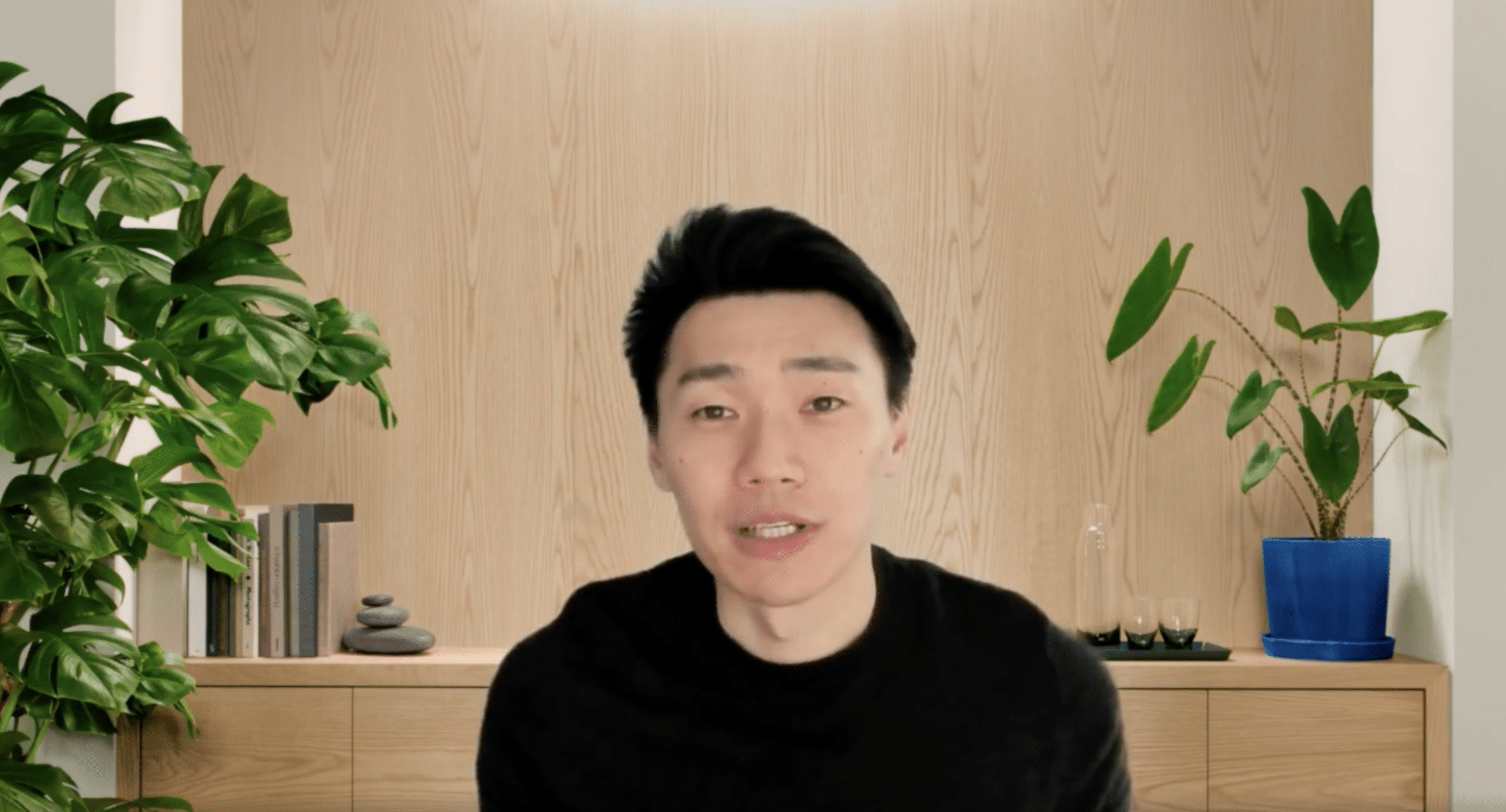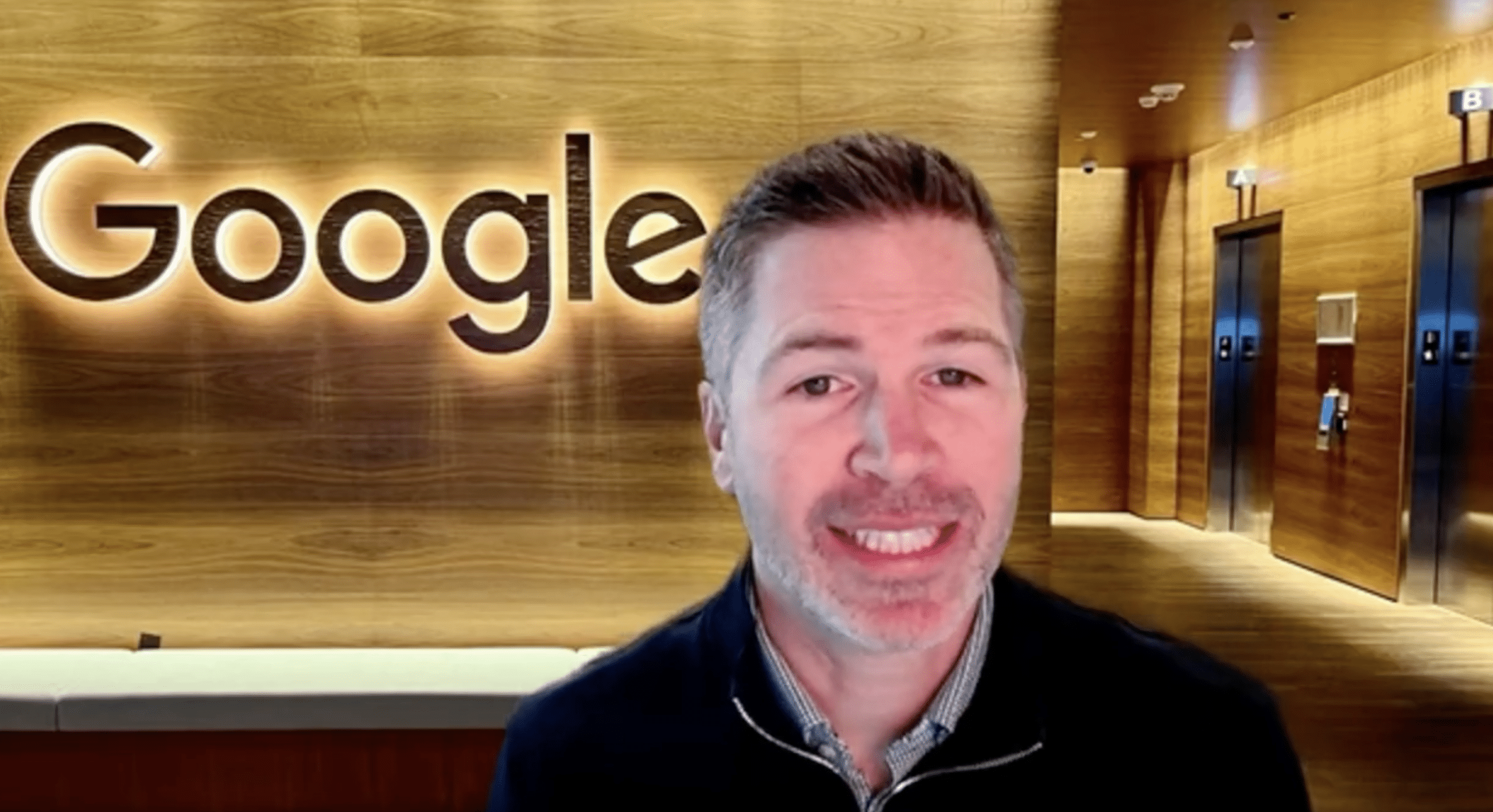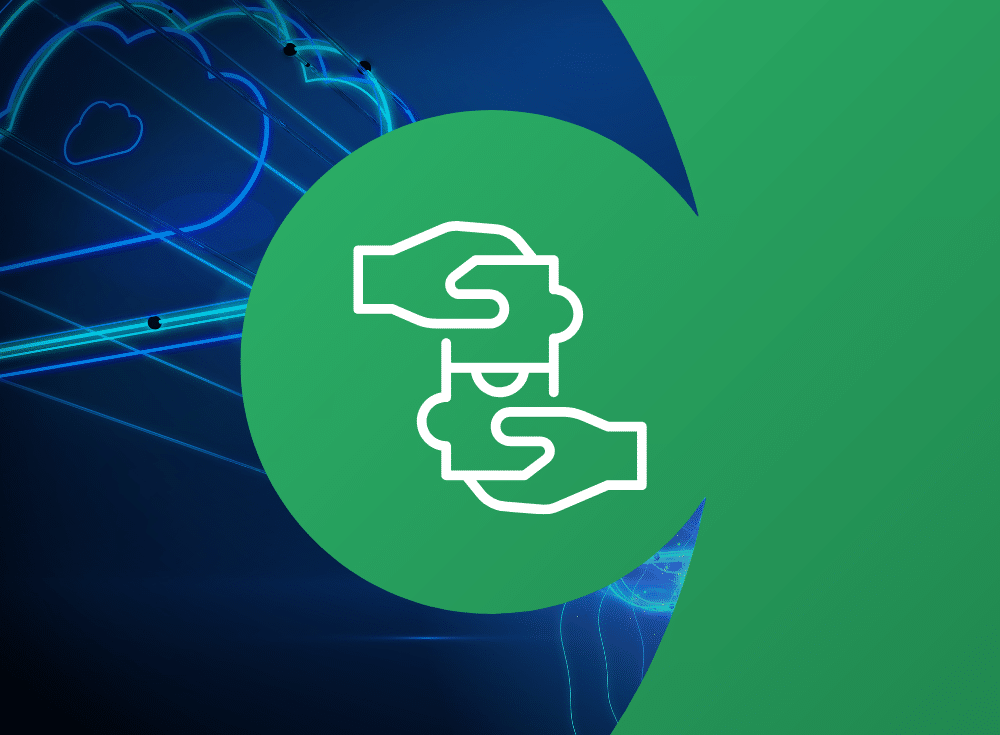Google Cloud’s flagship customer event — Google Next 2024 — kicks off today, which means topics impacting an organization’s ability to digitally transform its business are top of mind.
In this Q&A session, Chronosphere’s CEO and co-founder Martin Mao is joined by Google Cloud’s Managing Director of ISV Sales and Partner Go To Market, Scott Barneson. Together, the two dive into the momentum our partnership has seen, what we’re hearing from customers, and our latest product integration with Google Cloud — Personalized Service Health.
The story behind our partnership
Martin: We’ve been a Google Cloud customer, and we’ve been running our platform on Google Cloud, since the very beginning. About a year ago, we became a Google Cloud partner with our announcement of being listed in the Google Cloud Marketplace.
We were looking for a cloud provider that would give us the best managed Kubernetes service in the industry. And that was clearly going to be Google and Google Cloud from day one.
Scott: When Martin and the team built Chronosphere to run on Google Cloud, focusing on this idea of cloud native observability is very much a natural partnership.
We hear from customers all the time: They’re looking to grow their environments, transform their businesses. And observability is one of those topics that continues to be a high priority.
Check out this snippet and watch the full video at the bottom of this blog.

Our partnership momentum over the past year
Martin: We’ve been helping a lot of joint customers and customers that are leveraging Google Cloud: Big consumer apps like Snapchat, B2B leaders like Mixpanel, as well as startups like Dandy.
Scott: As our customers continue to ask for more capability in this space, we’ve seen more and more momentum in our partnership.
Chronosphere is squarely in the middle of that intersection of being cloud native and delivering high value applications to customers.
Martin: We’ve been doing a lot of product integrations: Integrating with BigQuery, as well as streaming a lot of the metric and monitoring data from GKE clusters.
Check out this snippet and watch the full video at the bottom of this blog.

How we're helping our customers
Scott: These days, we hear a lot about: “How do I move faster in the cloud?” We’re entering a period where we will see more innovation and more transformation, likely than any period before. But to do that with confidence, they need tools.
Martin: Developers are spending more time, perhaps up to 25% of their time, debugging issues as opposed to building new software.
Martin: I hope for a future where both companies and our partnership become stronger as we move forward. But also, for Chronosphere to leverage and explore the potential of applying generative AI to the Chronosphere platform itself, especially through Google Cloud … Gemini in particular.
Scott: We see more and more customers who are looking for this wonderful mix of increased visibility at a lower operational cost. The future of our partnership is saying yes to those customers.
Check out this snippet and watch the full video at the bottom of this blog.

What can you expect from Chronosphere and Google Cloud at this year's event?
Martin: At Google Next, the big announcement for us is that we’re announcing a product integration with the Google Cloud Personalized Services Health. That is a service that is an aggregation of a lot of the events across the Google Cloud Service. And those events that tell you the health of a lot of these services can now be ingested and displayed in the Chronosphere platform. Having that visibility in a single place is a great, centralized way to show all of that data.
Scott: I can’t wait to see the reaction from customers, hearing more about what they’re looking for, what their needs are, where they’re having challenges, where we can continue to invest in this partnership. There’s a tremendous opportunity for us together in the marketplace.

Additional resources
Curious to learn more? Check out our technical documentation on the following:





